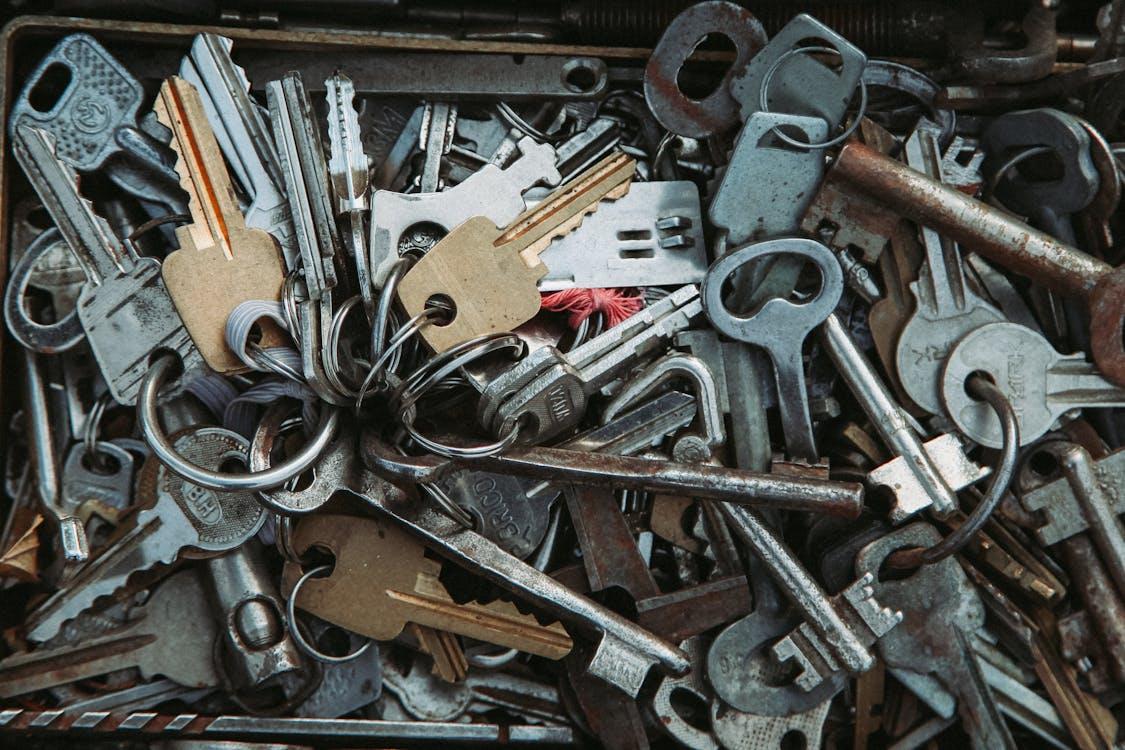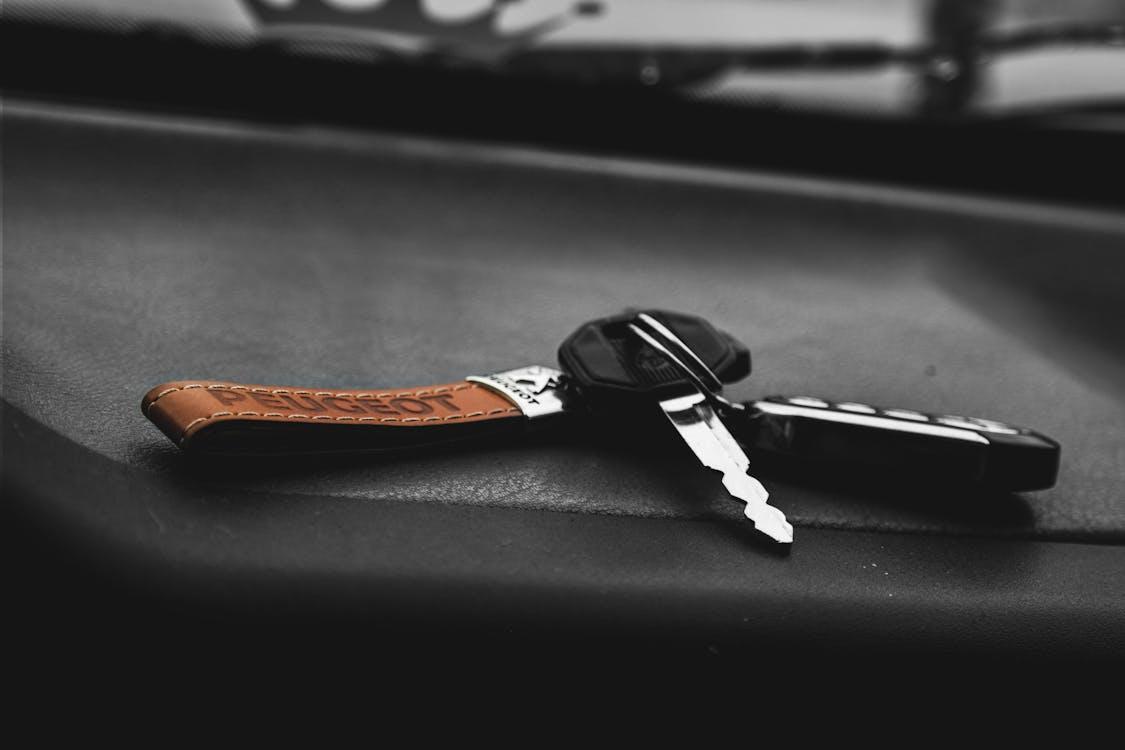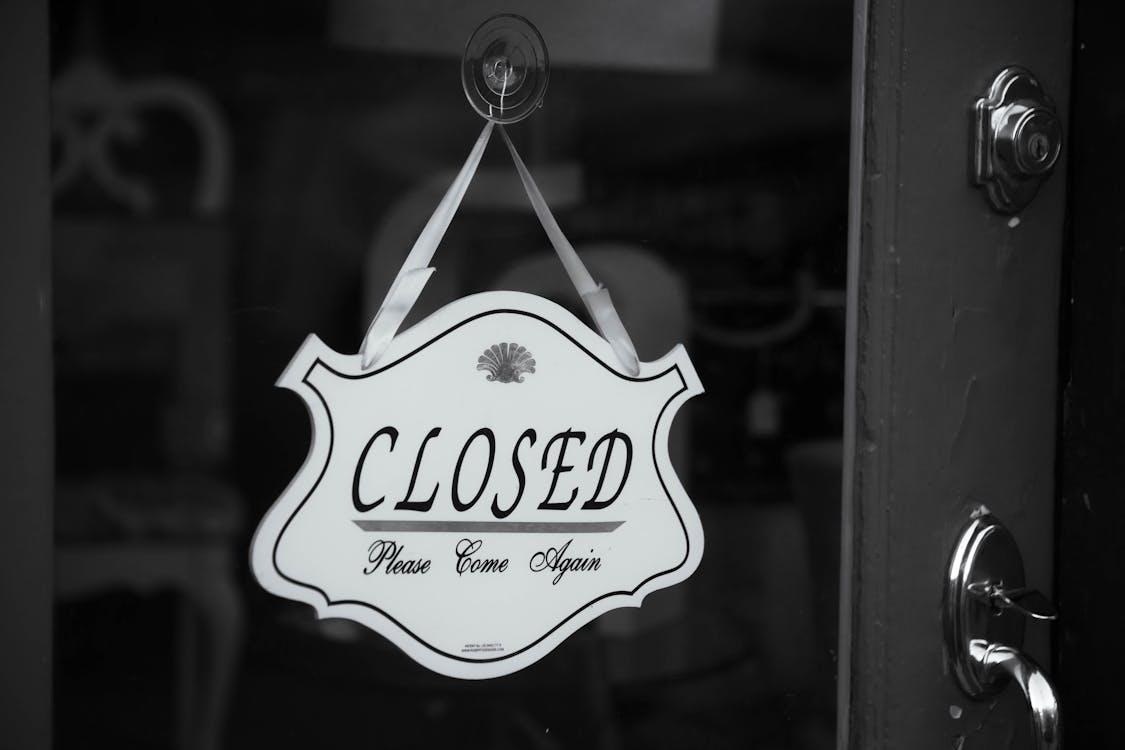Locksmith services are often needed when people are at their most vulnerable—locked out of their home, office, or car. Unfortunately, these moments of urgency can make people easy targets for locksmith scams.
Scammers pose as legitimate locksmiths, advertise low prices, and then dramatically inflate the cost once they arrive. Knowing how to recognize these warning signs can help protect your security and your wallet.
1. Extremely Low Quotes That Seem Too Good to Be True
A common tactic used by locksmith scams is advertising suspiciously low prices, often between $15 and $30, to attract desperate customers. Once the technician arrives, the “price” suddenly jumps with hidden fees for labor, mileage, or parts. This bait-and-switch approach can leave you paying far more than expected.
Tip: Always ask for a written estimate or a price range before the locksmith arrives. Legitimate locksmiths will be upfront about their rates, including service call charges and after-hours fees.
2. Unmarked Vehicles and No Proper Identification
Professional locksmiths typically arrive in marked vehicles and carry proper identification, including business cards, licenses, or uniforms. Scammers, on the other hand, often use unmarked vans or cars and may avoid giving their full company name.
Tip: When the locksmith arrives, ask to see identification and verify the company name. A trustworthy locksmith won’t hesitate to show credentials.

3. No Local Address or Fake Listings
Some locksmith scams operate through fake online listings with local phone numbers but no real physical location. These are often call centers that send unqualified contractors, leaving customers with shoddy work and inflated bills.
Tip: Search for the locksmith’s business online and check if the address is legitimate. Reading reviews and verifying the business on maps or directories can help you confirm authenticity.
4. No License or Insurance
Many states require locksmiths to be licensed and insured. Scammers often can’t provide proof of either. Hiring an unlicensed locksmith can lead to property damage or unreliable work, with little recourse if something goes wrong.
Tip: Ask if the locksmith is licensed and insured before scheduling service. A reputable professional will gladly provide this information.
5. Drilling the Lock Right Away
Most standard lockouts don’t require drilling. A scammer might insist on drilling immediately, which damages your lock and increases costs by forcing you to buy a replacement. Skilled locksmiths have the tools and expertise to unlock doors without destroying the lock.
Tip: Be wary if the locksmith doesn’t even attempt non-destructive entry methods first.
6. No Written Invoice or Payment Demands in Cash
Another red flag is when a locksmith refuses to provide a written invoice or insists on cash-only payments. Without proper documentation, disputing overcharges becomes nearly impossible.
Tip: Request a detailed receipt that includes labor costs, parts, and service charges. Using a credit card offers extra protection if you need to dispute the payment later.
How to Choose a Trusted Locksmith
To avoid locksmith scams, always research before an emergency arises. Save the contact of a licensed, insured, and well-reviewed locksmith in your area so you know exactly who to call when you need help.
Free Eagle Locksmith is locally based, fully licensed, and transparent about pricing before work begins. We provide reliable residential, commercial, and automotive locksmith services you can trust—no hidden fees, no surprise charges.
Save our verified contact information for future locksmith emergencies.







Leave A Comment